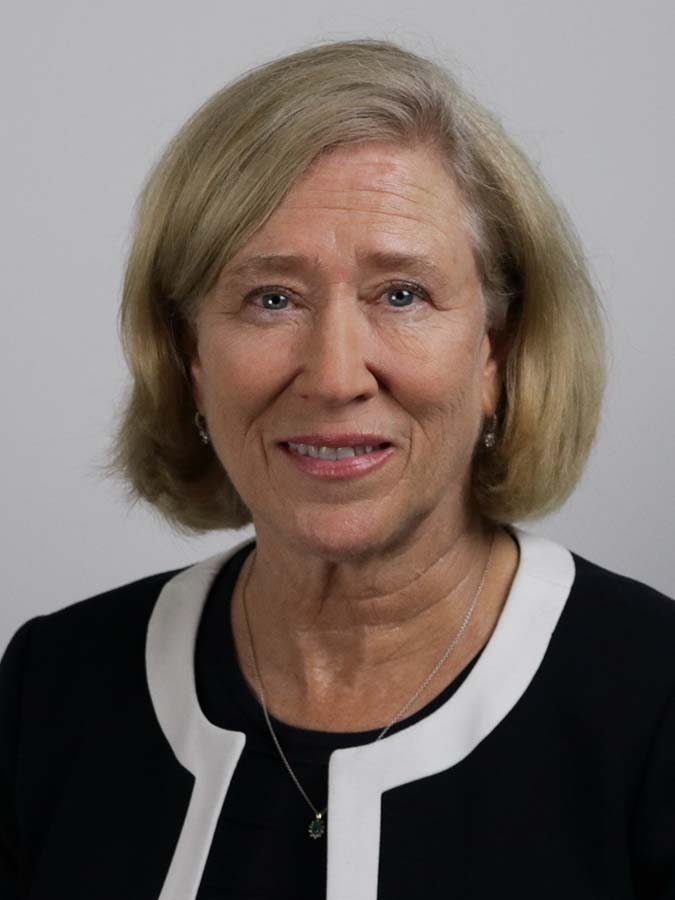By Caleb Wheeler | Staff Writer
Each year, Baylor seniors have the opportunity to honor a professor of their choice through the Collins Outstanding Professor Award. This year, the award went to clinical assistant professor Lotte Bostick.
Bostick worked as an attorney for 11 years before coming to Baylor, where she has served at Baylor Law School since 2016 and at the Hankamer School of Business, teaching business law since 2018.
Bostick said receiving the award is humbling and proves to her that she is making a positive impact in the classroom.
“It’s very encouraging,” Bostick said. “Students are in your classroom for three and a half months. They see what you do every single day, and it’s just very humbling and encouraging to me that they felt that I gave them a good experience in the classroom.”
Bostick said if she could speak to the students who voted for her, she would say, “I know you think I did a good job, but what can I do better?” She said a benefit of the award is she can use it as an opportunity to look for places where she can improve.
“If you’re not improving, you’re not moving forward,” Bostick said.
Alongside the award, Bostick will receive a $10,000 cash prize, and she gave a lecture Tuesday on the “Pepsi, Where’s My Jet?” Netflix documentary.
Hilton Head Island, S.C., senior Matt Schreiner said he took the award nomination process seriously because it provided him with the opportunity to ensure that the professors who he knows care about their students could see that their contributions are recognized.
“The Collins Award is important because we have to recognize the value of our professors, and they’re not recognized well enough through academia or through scholarship,” Schreiner said. “And so on a day-to-day basis, we have to remind them why they’re important to us.”
Schreiner said he feels professors are not paid enough, appreciated enough or valued enough for the contributions they make — and the Collins Award gave him the opportunity to bring attention to them.
“At the end of the day, I ended up voting for professors who I thought cared a lot about their students and their student workers, and [about] helping them to learn to acclimate to an academic environment more so than professors who were doing work in academia,” Schreiner said.





